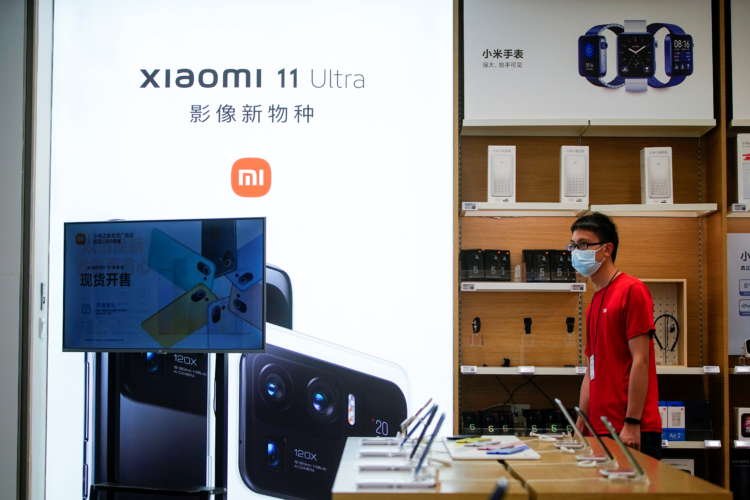Top Stories
U.S. will remove Xiaomi from blacklist, reversing jab by Trump
Published by linker 5
Posted on May 12, 2021
1 min readLast updated: January 21, 2026

Published by linker 5
Posted on May 12, 2021
1 min readLast updated: January 21, 2026

Explore more articles in the Top Stories category











